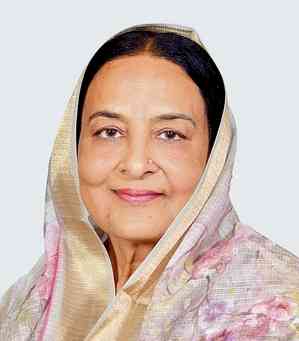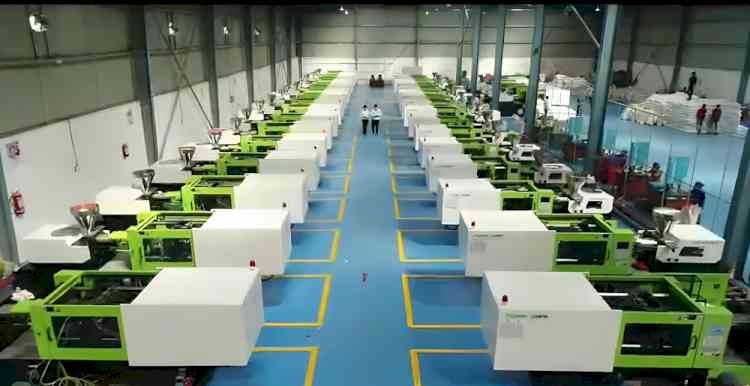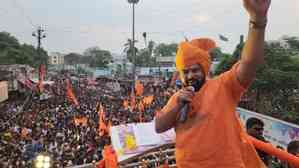Judicious, efficient fuel using habits, energy audits must: Experts
Author(s): SK VyasOne day seminar on “Energy Conservation in Sugar Industry” being organised at PHD House at Chandigarh. Jalandhar, May 8, 2014: Reiterating that energy saved is energy produced, Dalip Sharma, Director PHD Chamber of Commerce...


One day seminar on “Energy Conservation in Sugar Industry” being organised at PHD House at Chandigarh.
Jalandhar, May 8, 2014: Reiterating that energy saved is energy produced, Dalip Sharma, Director PHD Chamber of Commerce and Industry said, “It is high time that we cultivate energy saving habits. Environment and energy conservation, and sustainability is a challenge requiring policy programmes, technological development and behavioral change to go hand in hand.”
“With India’s energy demand expected to more than double by 2030, there is a pressing need to develop innovative ways to develop energy saving habits as reflexes”, stressed Sharma.
Sharma was speaking during the one day seminar on “Energy Conservation in Sugar Industry” at PHD House at Chandigarh yesterday.
The workshop was organised as part of the series of awareness campaign on energy conservation being run by PHD Chamber of Commerce and Industry.
PHD Chamber organised the workshop in association with Petroleum Conservation Research Association, PCRA.
Stressing on the need for training to the cane managers, Rajender Kumar, Additional Director, State co-ordinator, Chandigarh said, “Energy conservation assumes special significance due to limited sources of primary energy in our country and our heavy dependence on imports to meet the demand.”
Laying stress on the cultivation of simple energy saving habits including use of natural resources efficiently, Kumar said, “The biggest challenge ahead of all of us is to change the mindset of the people.”
Laying stress on the energy audits, A K Malik, Advisor Technical to the Sugar Federation, Haryana said, “The rising costs of energy and the shortfall in their supply are forcing industry to adopt energy conservation.”
“Energy audit and management are the two important functions in introducing any energy conservation programme in Sugar Mill. Energy audit ascertains the efficiency of energy use in different equipments, process and system by monitoring the energy flow and managements help to implement the necessary measures in reducing energy losses and improving energy usage”, added Malik.
About 70% of India's energy generation capacity is from fossil fuels, with coal accounting for 40% of India's total energy consumption followed by crude oil and natural gas at 24% and 6% respectively. India is largely dependent on fossil fuel imports.
By 2030, India's dependence on energy imports is expected to exceed 53% of the country's total energy consumption. The experts stressed on the need to cultivate healthy energy saving habits.
The experts disseminated information on energy efficiency, fuel conservation, environmental concerns, water issues and concerns, global warming, biodiversity conservation, sustainable development, carbon footprint, renewable energy, and strategic initiatives.
J P Kaushik, IAS (Retd.), SK Bose, British Standard Institute of India, Punit Bansal, Isgec Engineering, Noida, Sanjay Bhosale Saisidha Sugar Equipment & Engg. Co. Pvt. Ltd., Rameshwar Birthal, Project Officer, HAREDA also spoke on the occasion.

 cityairnews
cityairnews 
















